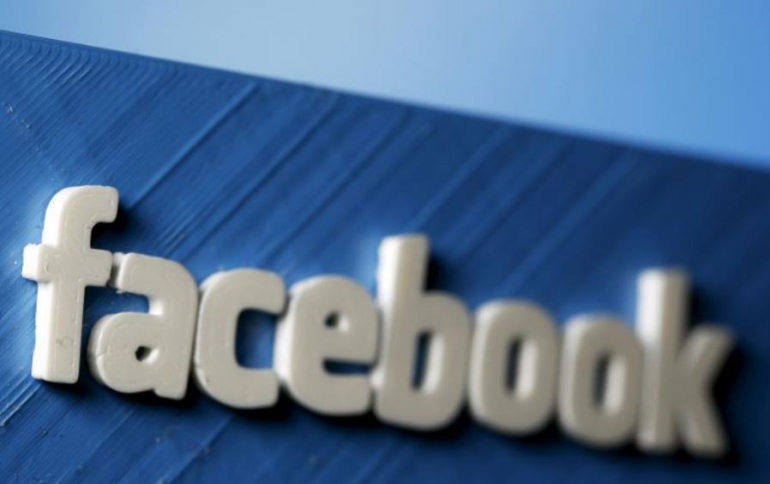
Facebook Says No To 'dislike' button
Facebook's CEO, Mark Zuckerberg said that there will not be a 'dislike' button but the social network is considering offering other tools that could be used to express negative sentiments for a post. During a public Q&A meeting on Thursday, Zuckerberg accepted that Facebook's 1.2 billion users need a third way of responding to their friends' posts. The discussion was mainly around the absence of a 'dislike' button at the social network. Zuckerberg accepted that clicking "like" on a post is not always appropriate.
"There are more sentiments that people want to express other than positivity or that they like something. You know, a lot of times, people share things on Facebook that are sad, moments in their lives, or are tough social or cultural things and often people tell us that they don't feel comfortable pressing like because like isn't the appropriate sentiment when someone lost a loved one," said Zuckerberg.
In these situations, "People say they don't feel comfortable pressing 'Like,'" he said. However, the reason why the company hasn't simply added a dislike button as a third means of responding alongside liking and leaving a comment, is that it could all to easily end up being a: "Force for bad and demeaning the posts that people are putting out there."
Facebook is working on an option that would give people the power to express different types of emotional sentiment, even negative sentiments: "but we need to figure out the right way to do it -- that it ends up being a force for good," he said.
In related news, Facebook has confirmed that it has stopped including results from Microsoft's Bing search engine on its social networking site.
The move comes as Facebook has revamped its own search offerings, introducing a tool on Monday that allows users to quickly find past comments and other information posted by their friends on Facebook.
Microsoft had invested $240 million in Facebook, for a 1.6 percent stake in the company, in October 2007. As part of that deal, Microsoft provided banner ads on Facebook's website in international markets. Facebook stopped using Microsoft banner ads in 2010 as it moved to take more control of its advertising business.





















